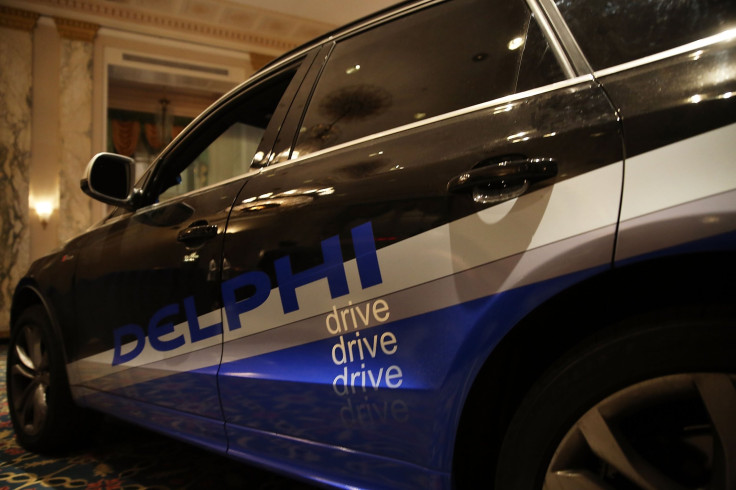Delphi Partners With Singapore To Test Its Self-Driving Cars

Automotive parts manufacturing company Delphi announced in a statement Monday a partnership with the Singapore government, which would allow the company to test its driverless car service.
Currently, only six autonomous vehicles have been deployed and these will be available only in Singapore’s Autonomous Vehicles Test Bed, a four-mile route located at one-north, a business park in the city’s western area.
Delphi’s Vice President of Engineering Glen DeVos reportedly said, “It [the trial] allows us to demonstrate that we have the complete ecosystem, knowledge and capability, the vehicle, the sensors, the automated software controlling connectivity to the cloud, the management of the fleet, the data and analytics on how the vehicle is performing.”
#Selfdriving mobility on demand could provide commuters a seamless first/last mile transportation experience. @LTAsg pic.twitter.com/wLeG6KYLco
— Aptiv (@Aptiv) August 1, 2016
A regular cab ride in a thickly populated urban area can cost $3 to $4 per mile but DeVos reportedly said that with the self-driving car, “we think we can get to 90 cents a mile.” This reduces the cost of ferrying goods and people, freeing up extra cash to deal with the cost of automated driving systems.
DeVos added that the fleet operating at one-north will have a driver in case of emergencies but the company hopes to remove drivers from the cars altogether by 2019 or 2020 and eventually even the steering wheel. He added that the move to launch the Singapore trial run on a small scale was deliberate. “We are going to do it incrementally in a very controlled manner,” DeVos said.
The trials are being conducted using Audi cars equipped with the self-driving technology and mapping systems. The project will expand to electric cars later, DeVos said.
© Copyright IBTimes 2024. All rights reserved.






















